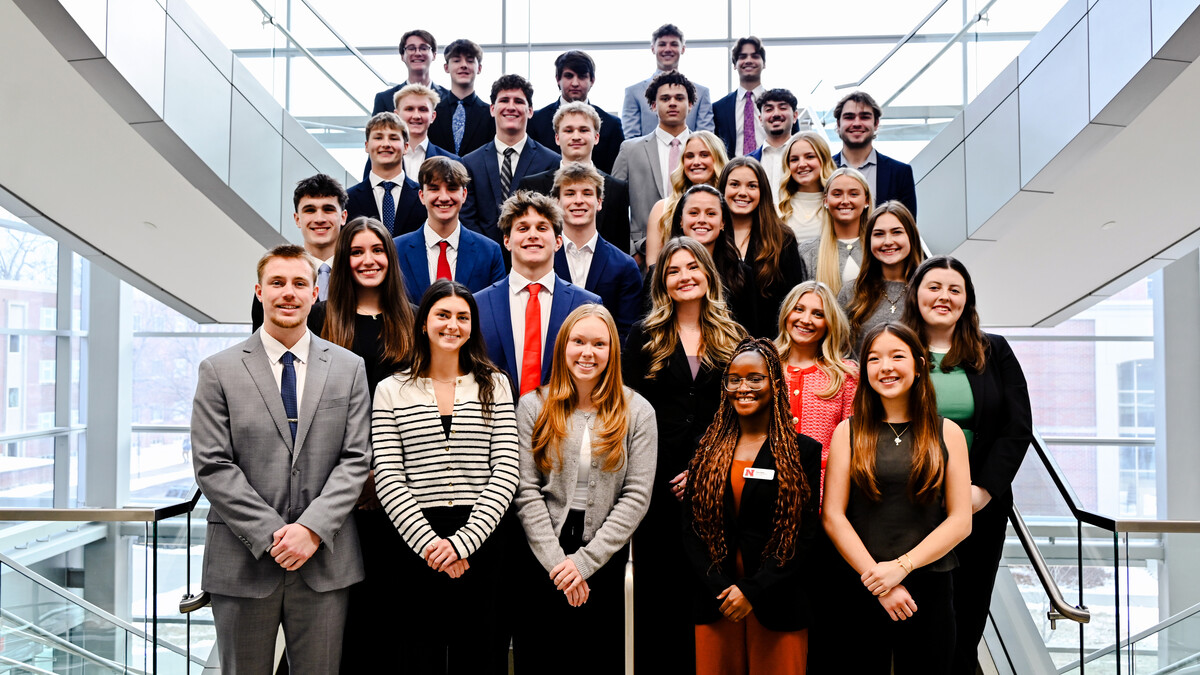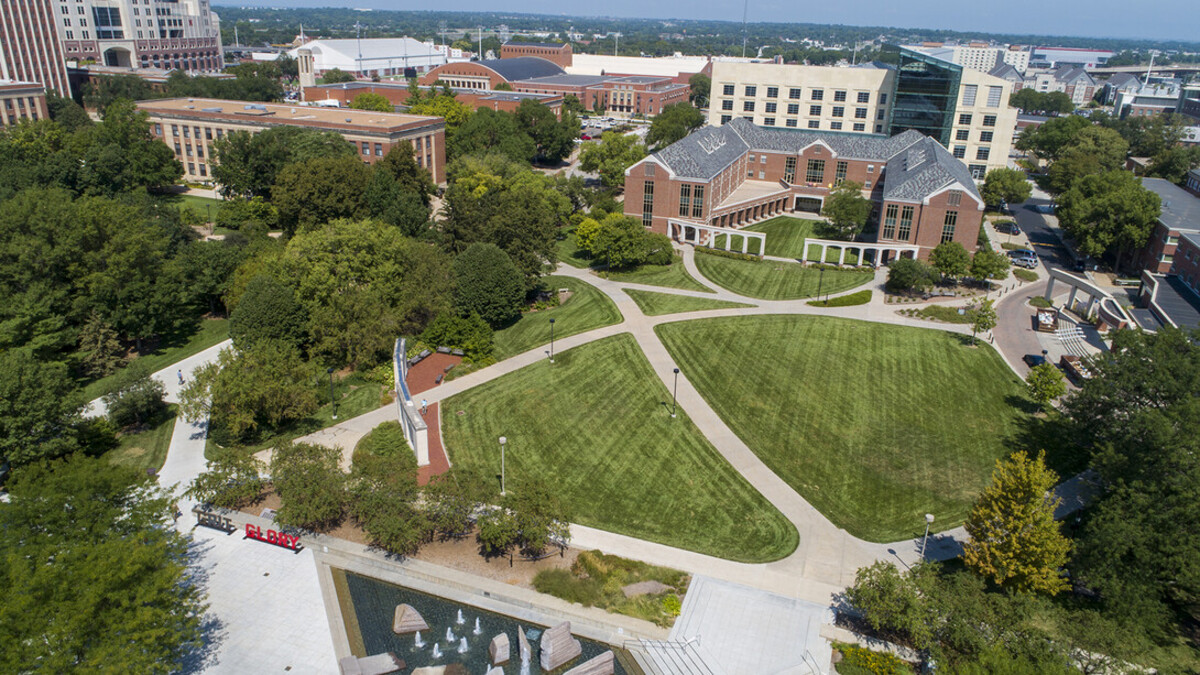
Elizabeth Spiller, a higher education leader and scholar who led the successful reorganization and financial restructuring of the University of California, Davis’ College of Letters and Science, has been named the next executive vice chancellor for academic affairs at the University of Nebraska–Lincoln.
Chancellor Ronnie Green announced Spiller’s appointment Dec. 11. Her new role, which includes a faculty appointment as a professor of English, begins in March — pending approval by the University of Nebraska Board of Regents.
“Elizabeth has tremendous leadership experience. She dove into a challenge at UC Davis, successfully uniting the College of Letters and Science while also expanding available resources,” Green said. “She is a strong leader and an accomplished scholar. I look forward to working with her as we continue our momentum in building excellence across the university.”
Spiller has served as dean of the College of Letters and Science at UC Davis since 2017. With more than 900 faculty across 35 departments, the college is the largest and most diverse at UC Davis, serving 15,000 undergraduate majors and 1,900 graduate students.
Her successful reorganization of the UC Davis college included the integration of three historic academic divisions into a single unit. The project featured a coordinated effort to strengthen the financial footing of the college, eliminating an existing deficit while directing expanded resources to advance academic programs and support faculty excellence.
Spiller also served as dean of the College of Liberal Arts and Human Sciences at Virginia Tech. Under her guidance, an expansion of academic offerings led to a 60% increase in undergraduate applications and a more than 40% increase in incoming first-year students. She led initiatives related to faculty excellence, curricular innovation, and diversity and inclusion.
During a campus presentation on Oct. 8, Spiller said she would work to expand access to education at Nebraska. Areas of focus to achieve that goal include increasing access for disadvantaged students, improving opportunities to innovate and participate in research, and broadening cross-disciplinary study options. Spiller is also dedicated to ensuring that Nebraska remains consistent with its roots as a land-grant institution.
“I can’t say this more strongly. A university is not a bureaucratic or administrative structure; it is an intellectual project,” Spiller said. “I am honored and excited for the opportunity to work with Chancellor Green and with faculty and staff to pursue and expand UNL’s deep commitments to creating unrivaled educational opportunities and developing new knowledge that changes our world.”
Spiller was one of four finalists selected through a national search. The candidates participated in multiple-day interviews and gave public presentations between Sept. 30 and Oct. 16.
She holds a doctorate and Master of Arts in English and American language and literature from Harvard University; and a Bachelor of Arts in English literature from Amherst College. A scholar of Renaissance literature, she specializes in early modern literature and culture with emphasis on the history of reading, and on literature and science.
Spiller is the author of two books, “Reading and History of Race in the Renaissance” (2011) and “Science, Reading and Renaissance Literature: The Art of Making Knowledge, 1580-1670” (2004), both published by Cambridge University Press. She has also edited two collections and is widely published. Spiller has twice been awarded fellowships from the National Endowment for the Humanities and earned a Fulbright Fellowship.
She brings more than 24 years of higher education experience, including appointments at four Research 1 institutions (UC Davis, Virginia Tech, Florida State University and the University of North Texas). Learn more about Spiller’s administrative and professional experience.
She will replace Richard Moberly, who has served as Nebraska’s interim executive vice chancellor since June 1. Moberly, the Richard C. and Catherine S. Schmoker Professor of Law, will return to his post as dean of the College of Law.
“Richard stepped into this expanded role and has done an outstanding job providing leadership to our entire campus,” Green said. “I highly value his thoughtful, respectful and decisive leadership. And, I thank him for his willingness to take on duties at UNL that are critical to academic success.”
The executive vice chancellor is the university’s academic leader with the mission of achieving academic excellence across the institution. The position reports directly to the chancellor and, working with the academic deans, will assure pursuit of excellence through oversight of undergraduate teaching and learning; diversity and inclusion; enrollment management; education abroad; faculty development; global outreach; graduate mentoring; libraries, promotion and tenure; student affairs; and by developing innovating academic initiatives that will be recognized as unique signature strengths.








